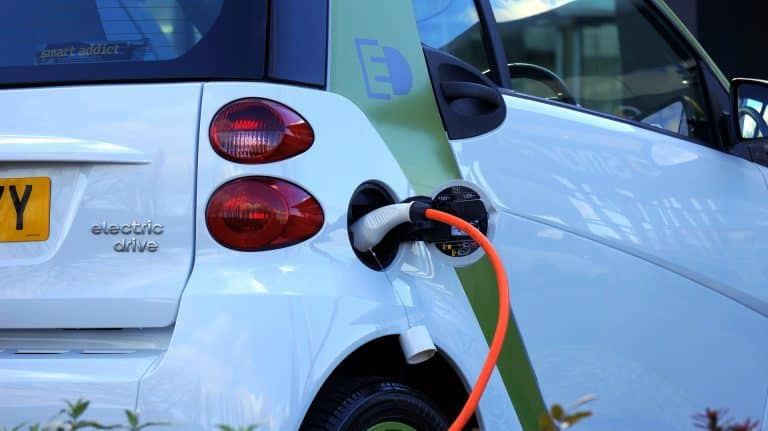Introduction to Electric Vehicles
The electric vehicle (EV) is a notion that is still in its infancy in the world of the automobile industry. Even though some firms have built their entire business model around being proactive and using electricity, others also provide hybrid vehicles that run on both electricity and gas.
Popular Electric Vehicle Models
Electric vehicles such as the Nissan Leaf, Ford Focus Electric, Tesla Model S, and Chevrolet Volt are excellent ways for you to not only save money but also to make a positive contribution to the preservation of a safe and stable environment.
Environmental Impact of Electric Vehicles
Cars emit a significant amount of carbon dioxide, which is released into our natural environment, making us exposed to environmental hazards such as pollution and greenhouse gases. An electric vehicle is a significant step forward in terms of favorably impacting the environment in which we live.
Government Incentives and EV Purchasing Considerations
You may also be eligible for government incentives if you purchase an electric vehicle to be environmentally aware. Even though you may wind up spending more on your automobile, the advantages outweigh the disadvantages by a wide margin. When it comes to investing in an electric car, there are still two aspects to consider. The first is the environmental impact.
Electric Vehicle Battery Systems
Electric vehicles (EVs) derive their power from rechargeable batteries that are mounted within the vehicle. This type of battery is not only used to power the vehicle but is also responsible for the operation of the lights and wipers.
Comparing Electric and Gasoline-Powered Vehicles
Electric automobiles have more batteries than conventional gasoline-powered vehicles. It’s the same type of battery that’s usually used to start a gasoline engine, and it works just as well. The main difference is that electric cars have more of them, which are used to power the engine, whilst gasoline vehicles have less of them.
Benefits of Owning an Electric Vehicle
1. No Need for Gas
Electric automobiles are completely recharged by the power you supply, which means you will never have to purchase any gasoline in your lifetime. Driving a fuel-powered vehicle may burn a hole in your wallet, especially now that gas prices have reached an all-time high.
2. Cost Efficiency
When driving a gas-powered vehicle, the average American pays around 15 cents per mile, but many electric vehicles cost less than five cents per mile to operate. Electricity is far less costly than gasoline in most cases.
3. Convenience
The electric vehicle is simple to refuel, and the greatest thing is that you will no longer need to stop at a gas station to recharge your vehicle before heading out on the road! Even a standard home vehicle charging station vehicle charging station may be used to charge an electric vehicle.
4. Savings and Incentives
These automobiles may be fueled at extremely cheap costs, and many new automobiles will provide excellent incentives for you to receive money back from the government as a result of your decision to go green. Aside from being environmentally friendly, electric vehicles may also be an excellent way to save money in your daily life.
5. Zero Emissions
The fact that an electric car is environmentally friendly is its most significant advantage. Electric vehicles, which run on electrically driven engines, are 100 percent environmentally beneficial.
6. Growing Popularity
Electric vehicles (EVs) are becoming increasingly popular. In comparison to automobiles powered by internal combustion engines, it is approximately three times more efficient, according to Wikipedia. All new sorts of automobiles are being introduced to the market as a result of their increasing popularity, giving you a plethora of options as the industry continues to grow.
7. Safety Features
Electric vehicles are subjected to the same fitness and testing processes as regular gasoline-powered vehicles. Because electric vehicles have a lower center of gravity than conventional

